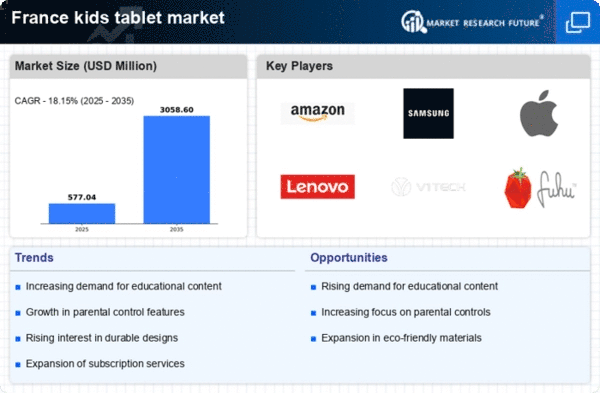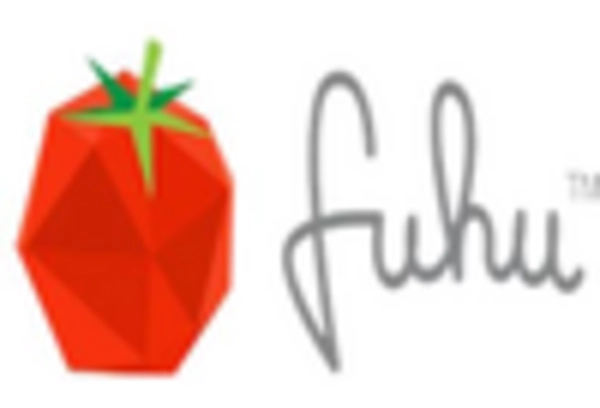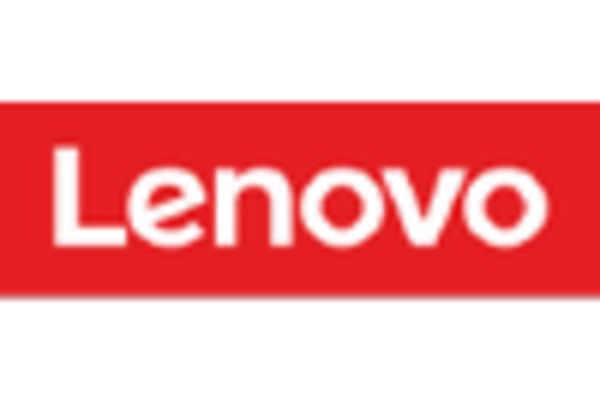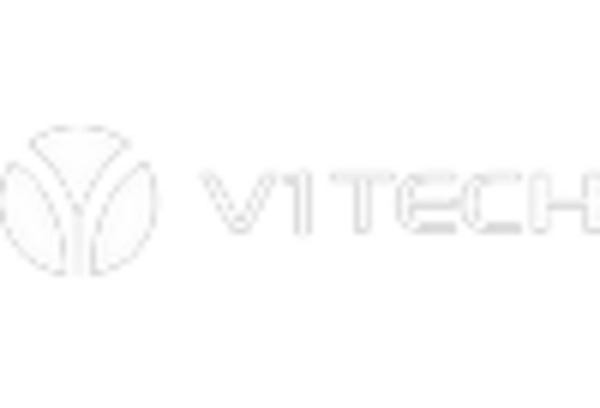Parental Control Features
As concerns regarding online safety continue to grow, the kids tablet market is adapting by incorporating advanced parental control features. These functionalities allow parents to monitor and restrict their children's online activities, ensuring a safer digital environment. In France, surveys indicate that over 70% of parents prioritize safety features when selecting a tablet for their children. This heightened awareness has led manufacturers to innovate and enhance their offerings, resulting in a competitive edge for those who prioritize security. The kids tablet market is thus evolving to meet these demands, with products that not only entertain but also provide peace of mind for parents.
Shift Towards Eco-Friendly Products
The kids tablet market is witnessing a notable shift towards eco-friendly products as environmental awareness among consumers increases. In France, parents are becoming more conscious of the sustainability of the products they purchase for their children. This has led to a demand for tablets made from recyclable materials and those that adhere to eco-friendly manufacturing processes. Companies that prioritize sustainability are likely to gain a competitive advantage in the kids tablet market, as consumers are willing to pay a premium for environmentally responsible products. This trend not only reflects changing consumer preferences but also indicates a broader movement towards sustainability within the technology sector.
Increased Screen Time Among Children
The trend of increased screen time among children in France has significantly influenced the kids tablet market. Recent studies suggest that children aged 6 to 12 spend an average of 3 hours daily on screens, prompting parents to seek devices that can provide both educational and recreational content. This shift has led to a diversification of products within the kids tablet market, with manufacturers focusing on creating engaging content that aligns with children's interests. As a result, the market is expanding, with projections indicating a potential growth rate of 15% annually as families invest in tablets that cater to their children's screen time needs.
Growing Interest in Interactive Learning
The kids tablet market is experiencing a surge in interest towards interactive learning experiences. Educational apps that promote engagement through gamification and interactive content are becoming increasingly popular among children and parents alike. In France, the market for educational apps is projected to reach €200 million by 2026, reflecting a growing recognition of the importance of interactive learning tools. This trend is driving manufacturers to develop tablets that support a wide range of educational applications, thereby enhancing the overall learning experience. The kids tablet market is thus evolving to meet the demands of a tech-savvy generation that thrives on interactive and engaging educational content.
Rising Demand for Digital Learning Tools
The increasing integration of technology in education has led to a notable rise in demand for digital learning tools among children in France. Parents are increasingly recognizing the benefits of educational applications and interactive content available on kids tablets. This trend is reflected in the kids tablet market, where sales have surged by approximately 25% over the past year. The emphasis on remote learning and digital literacy has further propelled this demand, as families seek devices that can support their children's educational needs. Consequently, the kids tablet market is witnessing a shift towards products that offer a blend of entertainment and educational value, catering to both parents' and children's preferences.















